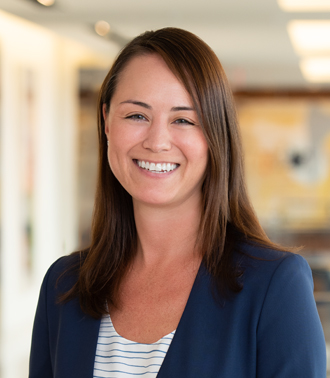A Busy FCA Term for the Supreme Court: On the Heels of Argument on (c)(2)(A), April Hearing Set in Pair of Scienter Cases
In early December, the Supreme Court heard argument in US ex rel. Polansky v. Executive Health Resources, Inc., in which the Court will address the scope of the Department of Justice’s authority to dismiss a non-intervened case under 31 U.S.C. § 3730(c)(2)(A). Then, just a few weeks later, the Supreme Court surprised FCA watchers by granting a writ of certiorari in a second FCA case (well, actually a second and a third), this term. As we previewed here, it is extremely rare for the Supreme Court to consider more than one FCA case per term.
The cases are US ex rel. Schutte v. SuperValu, Inc. and US ex rel. Proctor v. Safeway, Inc., both out of the 7th Circuit. The question presented in Schutte/Proctor is “[w]hether and when a defendant’s contemporaneous subjective understanding or beliefs about the lawfulness of its conduct are relevant to whether it ‘knowingly’ violated the False Claims Act.”
By way of background, the Supreme Court in 2007 held in interpreting a similar knowledge requirement under the Fair Credit Reporting Act that, where the defendant’s conduct was objectively reasonable and it was not “warned away” from its interpretation by authoritative guidance, the defendant cannot act knowingly. Safeco Ins. Co. of Am. v. Burr, 551 US 47 (2007). The Seventh Circuit in Schutte and Supervalu (as well as every other circuit court to consider the issue) held that Safeco applies to FCA scienter and that an inability to meet the Safeco test means that the defendant did not act knowingly. Courts that have applied Safeco to the FCA reasoned that a defendant cannot know what a statute, regulation, or contractual term requires if that term is ambiguous and there is no authoritative guidance.
Argument in Schutte/Proctor is set for April 18 and decisions are expected in Schutte/Proctor, as well as Polansky, by the end of Court’s term in June. Stay tuned to Qui Notes for updates on these cases.
© Arnold & Porter Kaye Scholer LLP 2023 All Rights Reserved. This blog post is intended to be a general summary of the law and does not constitute legal advice. You should consult with counsel to determine applicable legal requirements in a specific fact situation.

